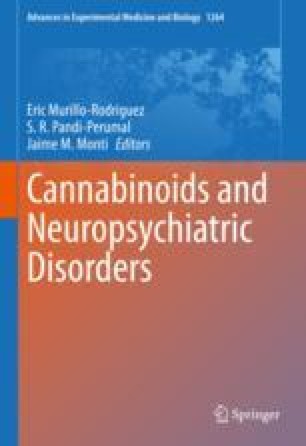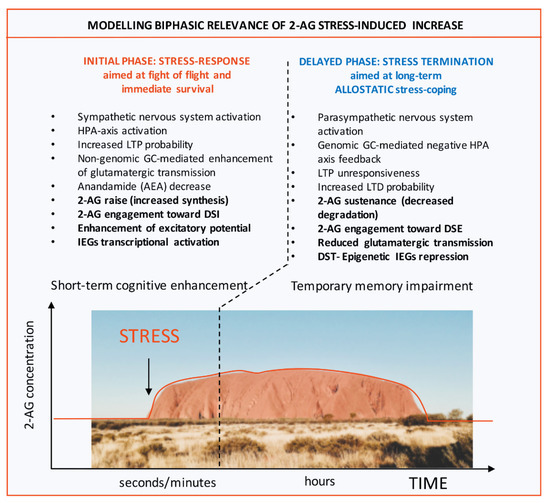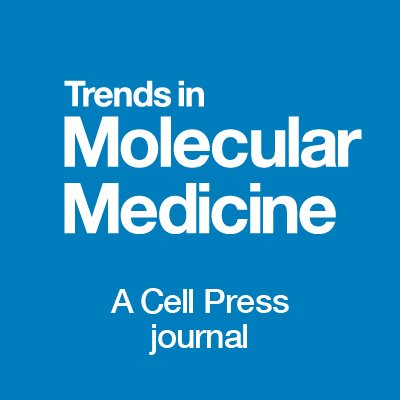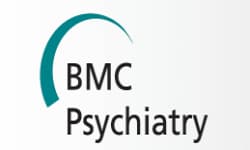
“Cannabidiol, the main non-psychotropic constituent of cannabis, has potential as a treatment for anxiety-related disorders since it reduces learned fear expression and enhances fear extinction.
The return of fear over time after successful extinction and stress-induced extinction resistance are potential barriers to the treatment of these disorders with extinction-based psychological therapy. In two experiments using rats subjected to auditory fear conditioning, we determined the effects of systemic cannabidiol treatment on (1) delayed extinction and later spontaneous fear recovery, and (2) extinction resistance caused by immediate extinction (the immediate extinction deficit (IED)). In Experiment 1, cannabidiol was given before delayed extinction occurring 24 h after conditioning, with extinction recall and spontaneous fear recovery tested drug-free 1 and 21 days after extinction, respectively.
We found that cannabidiol had no effect on extinction recall but it prevented spontaneous fear recovery. In Experiment 2, the IED procedure was first validated, with immediate extinction occurring 30 min after conditioning. We confirmed that immediate extinction impaired extinction recall, compared to delayed extinction. Next, cannabidiol was given before immediate or no extinction, with extinction recall tested drug-free the next day. We found that cannabidiol rescued the IED, which did not involve effects on fear memory consolidation.
In summary, cannabidiol prevented spontaneous fear recovery after delayed extinction and ameliorated extinction resistance caused by immediate extinction. Although the pharmacological mechanisms underlying these effects remain to be determined, our results add to evidence indicating that cannabidiol might prove useful as an adjunct for potentiating the psychological treatment of anxiety-related disorders.”


 “The Cannabis sativa plant has been used medicinally and recreationally for thousands of years, but recently only relatively some of its constituents have been identified.
“The Cannabis sativa plant has been used medicinally and recreationally for thousands of years, but recently only relatively some of its constituents have been identified.  “Emotional dysregulation and anxiety are common in people at clinical high risk for psychosis (CHR) and are associated with altered neural responses to emotional stimuli in the striatum and medial temporal lobe.
“Emotional dysregulation and anxiety are common in people at clinical high risk for psychosis (CHR) and are associated with altered neural responses to emotional stimuli in the striatum and medial temporal lobe. “There is no argument with regard to the physical and psychological stress-related nature of neuropsychiatric disorders. Yet, the mechanisms that facilitate disease onset starting from molecular stress responses are elusive.
“There is no argument with regard to the physical and psychological stress-related nature of neuropsychiatric disorders. Yet, the mechanisms that facilitate disease onset starting from molecular stress responses are elusive.
 “The endocannabinoid signaling system (ECSS) is altered by exposure to stress and mediates and modulates the effects of stress on the brain.
“The endocannabinoid signaling system (ECSS) is altered by exposure to stress and mediates and modulates the effects of stress on the brain. “Posttraumatic stress disorder (PTSD) may stem from the formation of aberrant and enduring aversive memories. Some PTSD patients have recreationally used Cannabis, probably aiming at relieving their symptomatology.
“Posttraumatic stress disorder (PTSD) may stem from the formation of aberrant and enduring aversive memories. Some PTSD patients have recreationally used Cannabis, probably aiming at relieving their symptomatology. “Posttraumatic stress disorder (PTSD) is an often chronic condition for which currently available medications have limited efficacy.
“Posttraumatic stress disorder (PTSD) is an often chronic condition for which currently available medications have limited efficacy. “The major phytocannabinoid cannabidiol (
“The major phytocannabinoid cannabidiol ( “Chronic stress causes a variety of physiological and behavioral alterations, including social impairments, altered endocrine function, and an increased risk for psychiatric disorders. Thereby, social stress is one of the most effective stressful stimuli among mammals and considered to be one of the major risk factors for the onset and progression of neuropsychiatric diseases.
“Chronic stress causes a variety of physiological and behavioral alterations, including social impairments, altered endocrine function, and an increased risk for psychiatric disorders. Thereby, social stress is one of the most effective stressful stimuli among mammals and considered to be one of the major risk factors for the onset and progression of neuropsychiatric diseases.